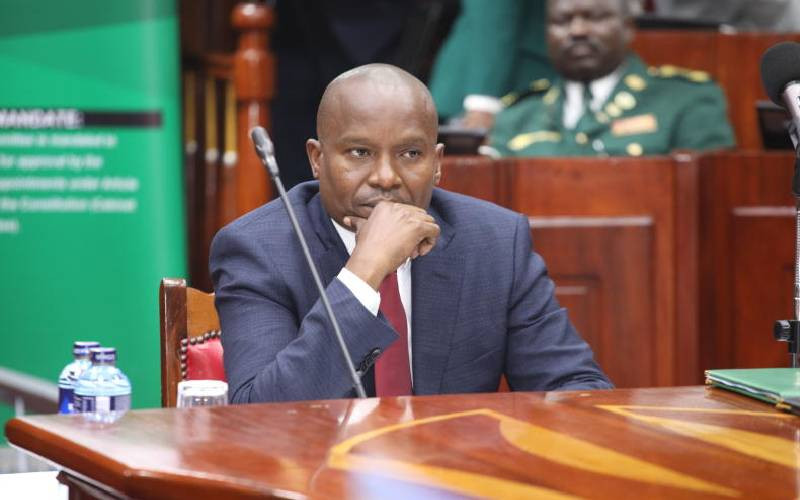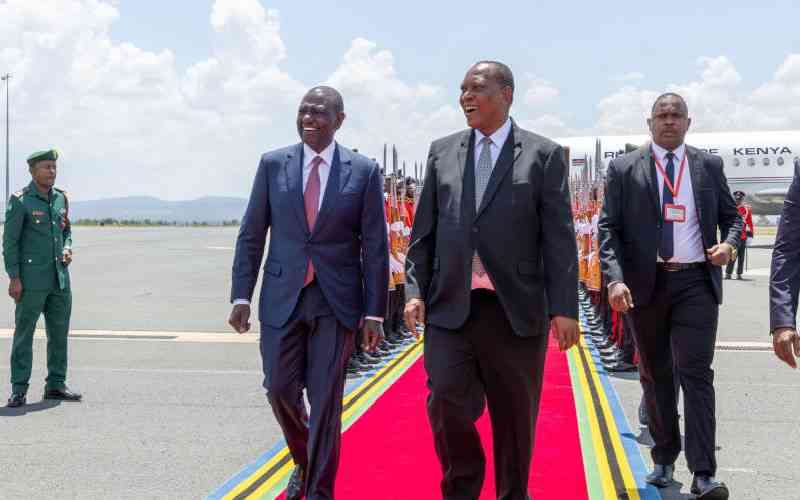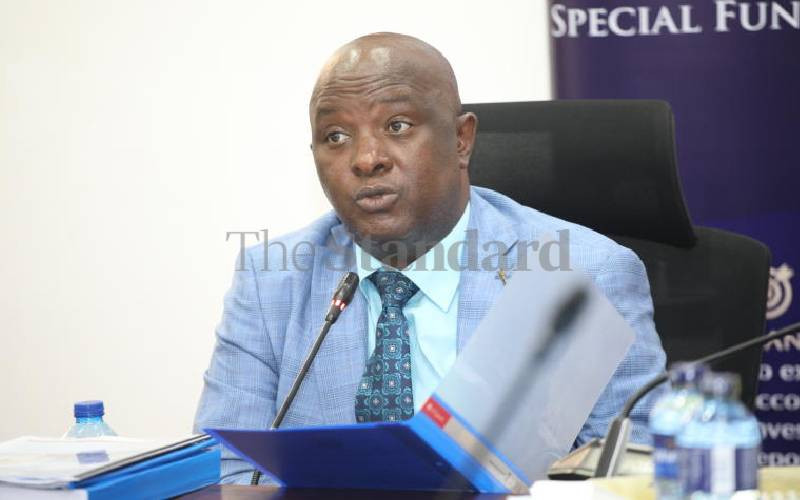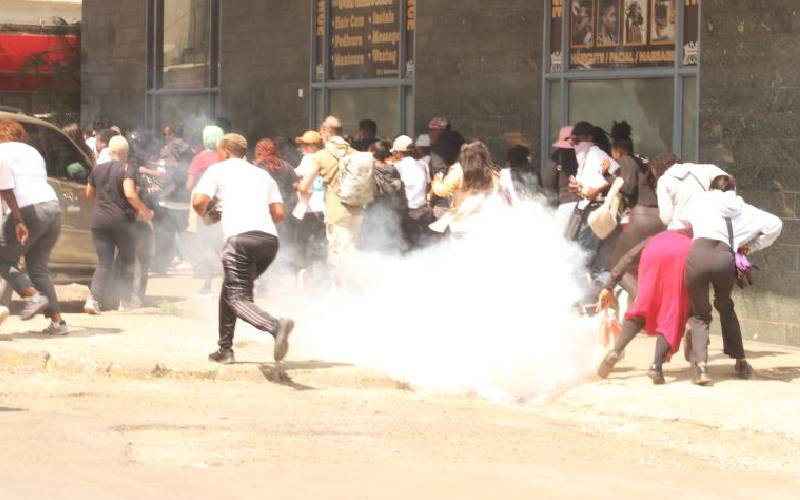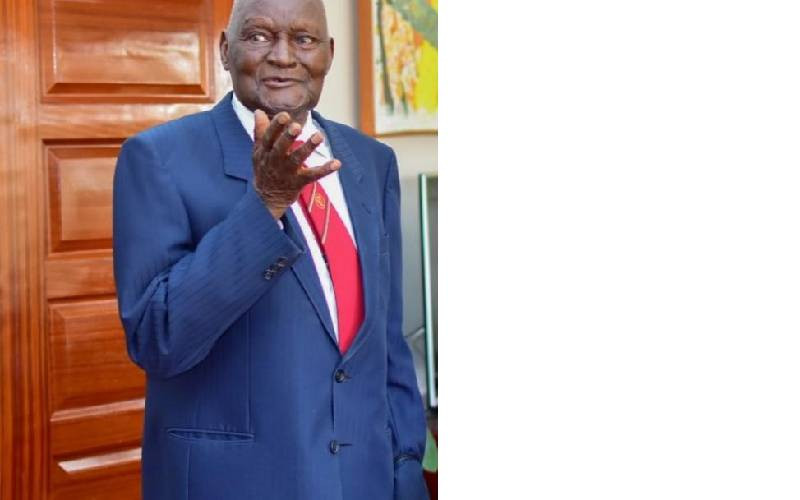Throughout history, most countries that have achieved rule of law have done so not through the passing of laws, but through political action. After long periods of costly (and at times violent) trial and error, ruling elites in these countries decided to devise mechanisms of settling political conflicts in a predictable manner. In other words, they established mutually agreeable rules of the game that were self-enforcing and therefore required no third-party enforcement. Thereafter, everyone tried to play by the rules most of the time to reap the benefits of predictability in the political sphere.
This perspective should inform our thinking about the tribulations of Ndindi Nyoro and other politicians who have had run-ins with the police. To avoid such incidences, they should work hard to shield the police from undue political influence, and provide ample resources for the continued training and professionalisation of the Police Service. Only then will we have a chance of achieving true rule of law. The general incentives for such reforms ought to be clear for all to see. Nobody is safe from a security establishment that can be abused by whoever is in power. Not even former presidents.
It is uncontroversial to claim that Kenya is still far from achieving rule of law. For much of our history, we have oscillated between rule by law and lawlessness. Presently, we appear to be in yet another phase of rule by law, in which the country’s law enforcement apparatus looks like it is being used to settle political scores. Such would be a reasonable interpretation of how the war on graft is being prosecuted or the targeted arrest of specific politicians. It would also be a serious indictment of the continued failure of the political class to get their house in order. It should not be lost on Kenyans that the continued lawlessness, impunity, and targeted deployment of police officers against the political opponents of power individuals reduce the likelihood of achieving rule of law in the country any time soon.
If the police can be used to executive illegal arrests and intimation of Members of Parliament, what about mwananchi? Of course, the answer is clear. Ordinary Kenyans know too well the blunt force that is the Kenyan state and its security establishment. The hope is that now that legislators are routinely having run-ins with the police, they might spare a moment to think of ways to discipline this institution and imbue it with independence.
Our collective challenge is that our leaders never learn. When power-adjacent, many lose all ability to think and become the most vociferous and sycophantic madmen and women. And when invariably they become too big for their political bosses’ liking, many get cast out into the cold and left defenceless against the blunt edge of the state. Yet year after year, decade after decade, few politicians ever think of using their power to limit the unlawful use of state power against citizens.
The empowerment and professionalisation of our Police Service would be a vital first step towards achieving rule of law. For that reason, it should not be a partisan or factional issue. If we are to have open political competition, with full rights for all participants, then we must also have a level playing field in which no one gets to use the state against opponents. This observation is especially important for incumbent politicians and senior bureaucrats. Since they will not always be in the office, now is the time to create and strengthen the institutions that will protect them after they retire.
- The writer is an Assistant Professor at Georgetown University
 The Standard Group Plc is a
multi-media organization with investments in media platforms spanning newspaper
print operations, television, radio broadcasting, digital and online services. The
Standard Group is recognized as a leading multi-media house in Kenya with a key
influence in matters of national and international interest.
The Standard Group Plc is a
multi-media organization with investments in media platforms spanning newspaper
print operations, television, radio broadcasting, digital and online services. The
Standard Group is recognized as a leading multi-media house in Kenya with a key
influence in matters of national and international interest.
 The Standard Group Plc is a
multi-media organization with investments in media platforms spanning newspaper
print operations, television, radio broadcasting, digital and online services. The
Standard Group is recognized as a leading multi-media house in Kenya with a key
influence in matters of national and international interest.
The Standard Group Plc is a
multi-media organization with investments in media platforms spanning newspaper
print operations, television, radio broadcasting, digital and online services. The
Standard Group is recognized as a leading multi-media house in Kenya with a key
influence in matters of national and international interest.

